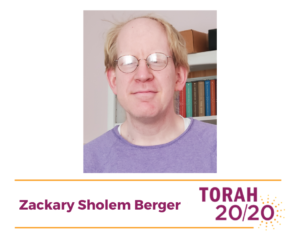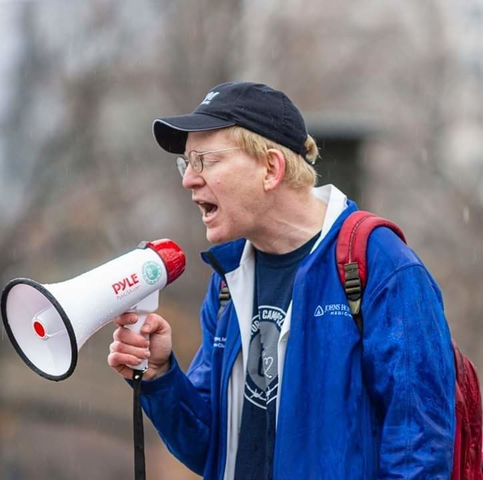A d’var Torah for Chol HaMoed Pesach.
“Let My people go,” God famously said to Moses. We usually don’t finish the quote, which ends “…so that they may serve Me.” Freedom, the rabbis say quite plainly, is another kind of servitude. The cheirut, freedom, that the Jews achieved on Passover (z’man cheiruteinu, the time of our freedom), with a sleight-of-hand vowel switch, keeping the same consonants, becomes “charut”: carved. Our freedom is to be embedded in commandment.
This is frankly disappointing to think about. A moral conflict immediately raises its ugly head. (Ugly, because no one likes to acknowledge moral conflicts. And especially not around Passover, when we have enough to do.) Freedom is a good. “What I do is me, for that I came,” said poet Gerard Manley Hopkins. On the other hand, however, this is not a simple goal. Freedom is not a sole good. There are higher-order goods, such as the freedom to avoid the lizard-brain contingencies of the moment and seek out the eternal truths that we should freely seek. “Servants of time are servants of servants,” as Yehuda HaLevi, the 11th-12th century Jewish Spanish poet and philosopher, wrote.
Sign up to receive Torah 20/20 in your inbox each week.
I’m not talking about the conflict between choosing our own way in Egypt versus making the risky dash for freedom. I’m talking about the conflict between different visions of freedom that we must navigate as we enact redemption on the Seder night.
Whose freedom, paying what price?
What does freedom imply, and what means — material, economic, and political — are needed to achieve it? What must each of us sacrifice to achieve a higher freedom?
Where is our Jerusalem located, and how can all peoples live there together, while still retaining their hard-won identities?
We must strive toward a vision of a Jewish society which is not mired in a mythic monarchy nor in a territorial ethnocentrism, and never in the occupation of one people by other. We must organize ourselves according to a society that removes servitude from its midst and recognizes that we are all servants of each other. Yehudah Halevi wrote,“Only God’s servant is free.” I would say that we can be free servants only if we serve humanity created in the Image.
Find more commentaries on Pesach.
Chasal siddur Pesach, we say at the end of the traditional haggadah — ended is the Pesach seder. But that Hebrew root chasal also means “dismantled.” And so I propose an alternate translation: the order of Pesach is in its dismantling, its transformation.
We must find our sacrifice — its fragments — and consume it together before the stroke of midnight. We must do this together, as a chaburah — the classical word for the gathering to eat the Pesach sacrifice, with its connotations of friendship (chaver) and connection (chibur). And we must refuse to shatter any more bones, just as the Israelites in Egypt were forbidden from breaking the lamb’s bones. Together, dressed for freedom, carrying the transformative staff, we will stride through the conflict that becomes salvation, not abandoning the conflict and not denying it either.
 Maybe our arms will weaken. Maybe we will never see the other side. But we will have touched the tablets, traced their words with our tired hands. If we are lucky, some part of us, in a future generation, will partake in the sacrifice, the bread brought with the wholeness offering.
Maybe our arms will weaken. Maybe we will never see the other side. But we will have touched the tablets, traced their words with our tired hands. If we are lucky, some part of us, in a future generation, will partake in the sacrifice, the bread brought with the wholeness offering.
Zackary Sholem Berger is a poet and translator in Baltimore working in Yiddish, English, and Hebrew. He is proud to belong to two amazing Jewish communities there: Beth Am and Hinenu. In his day job, he is a physician, as well as a spouse and father of 3.

